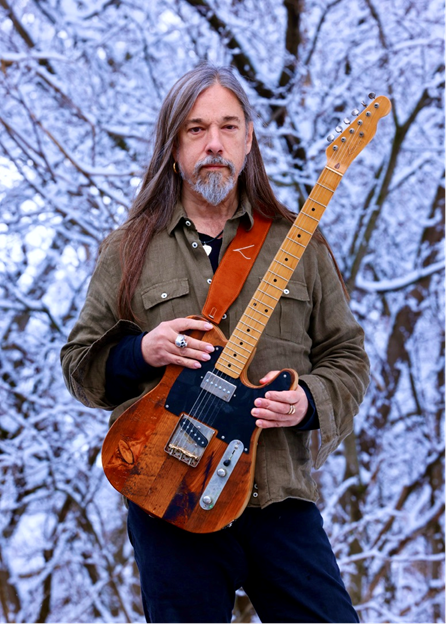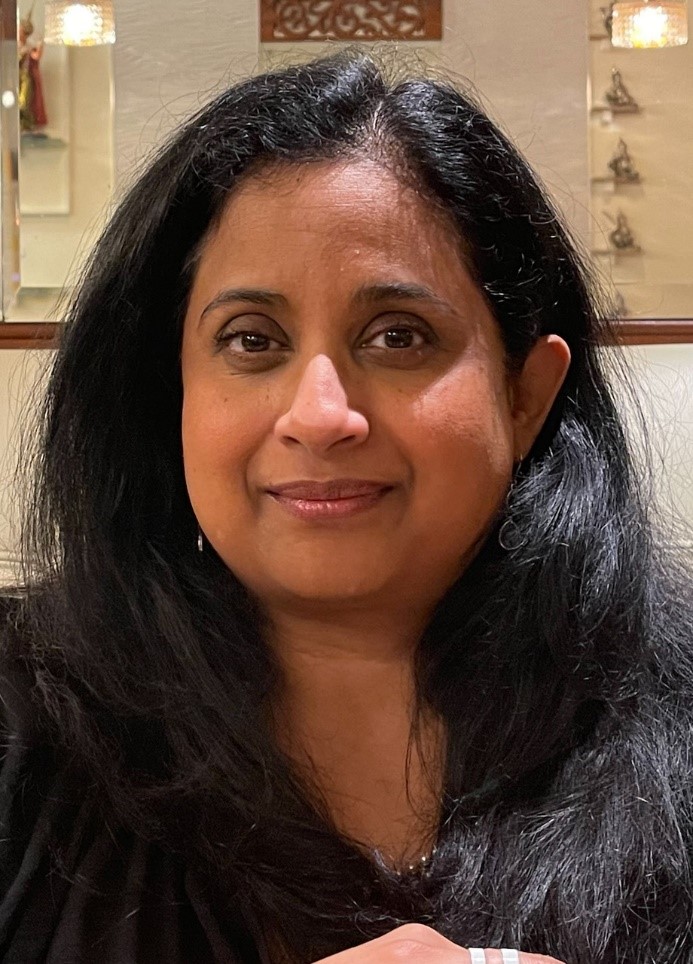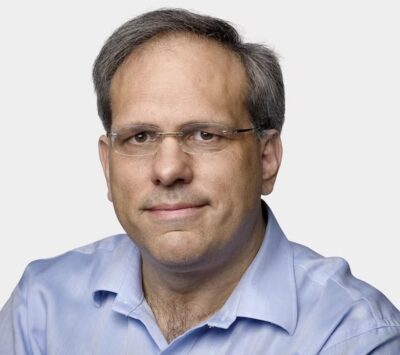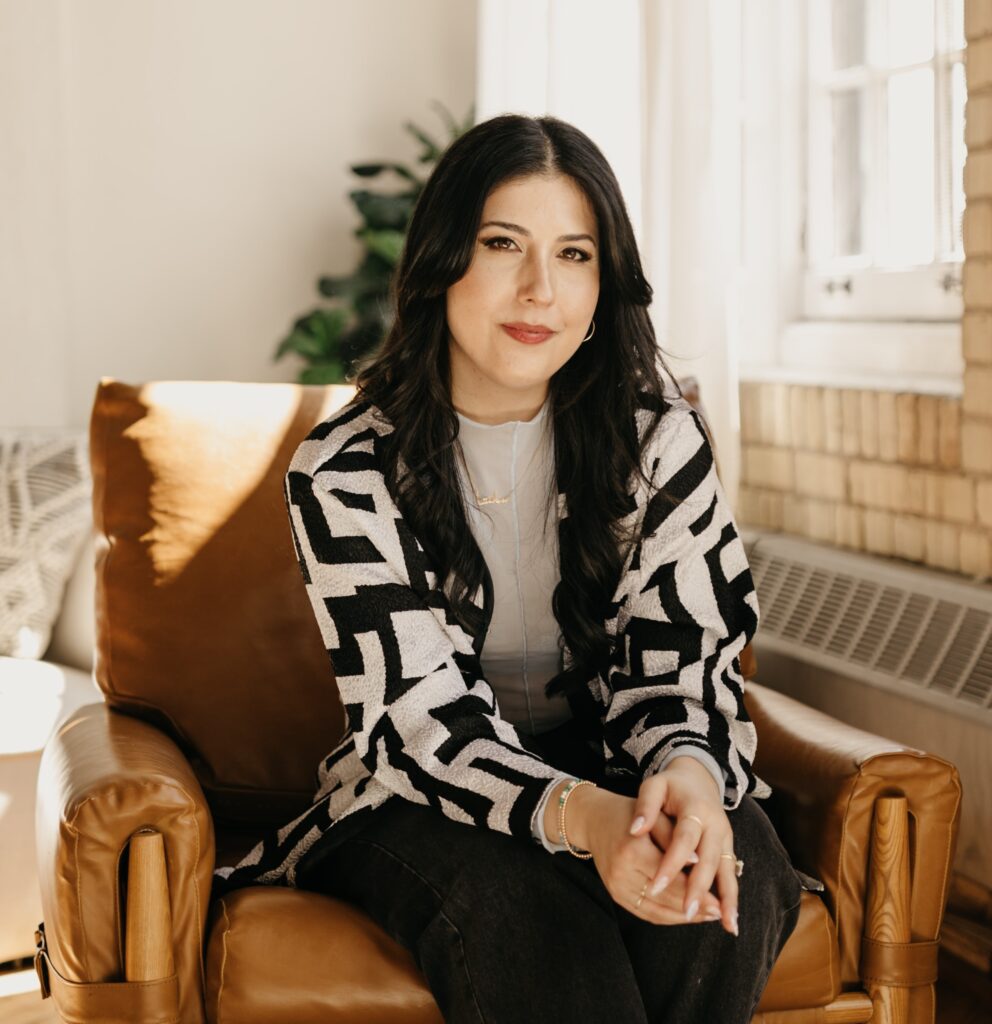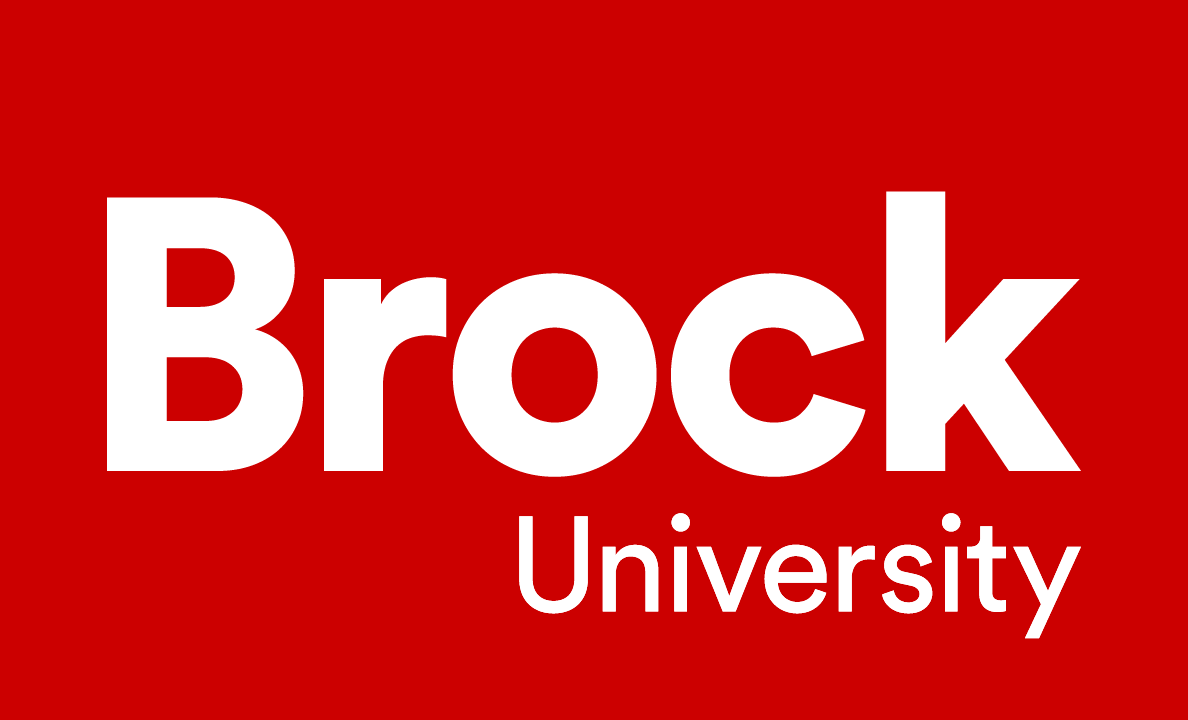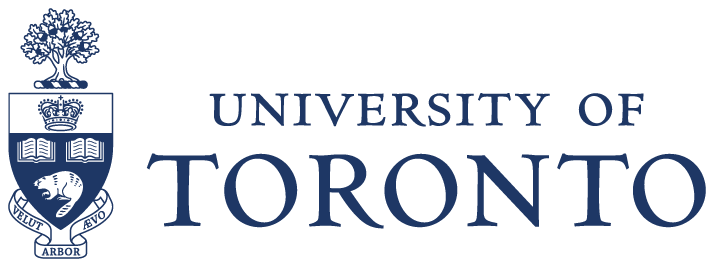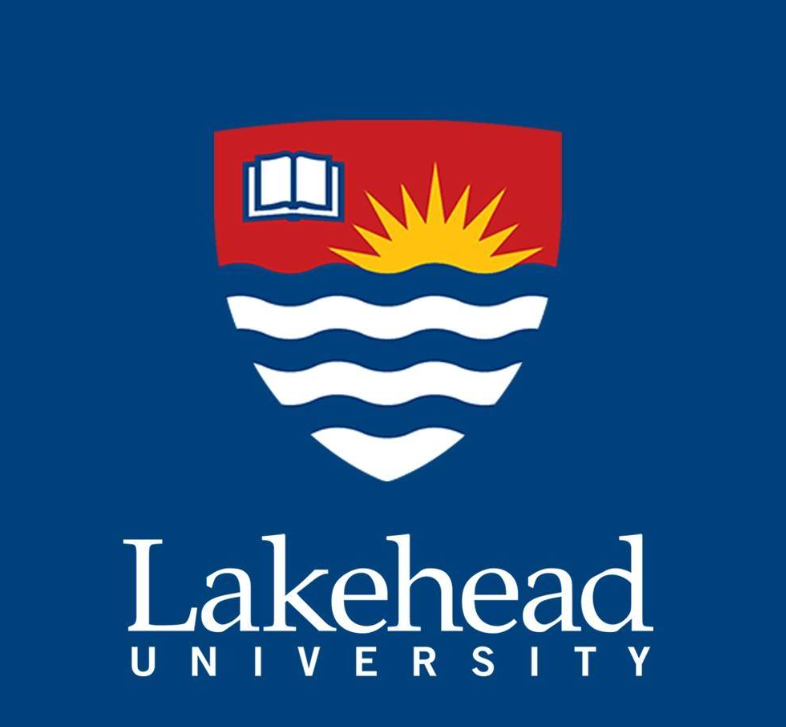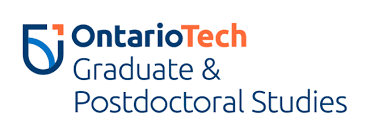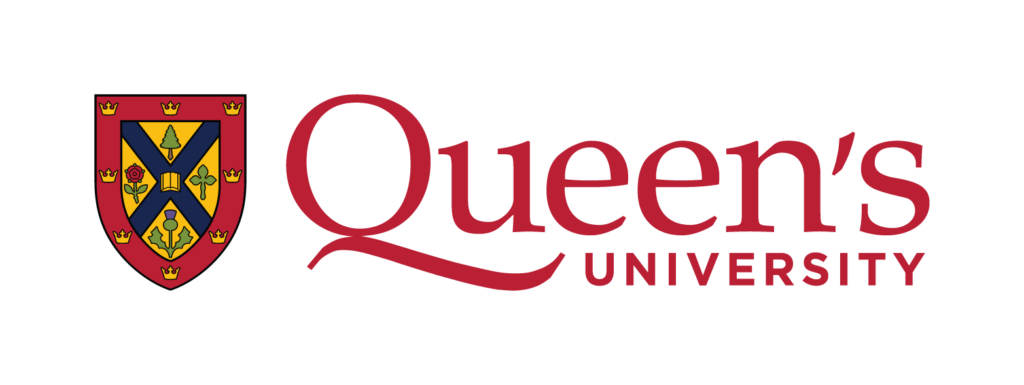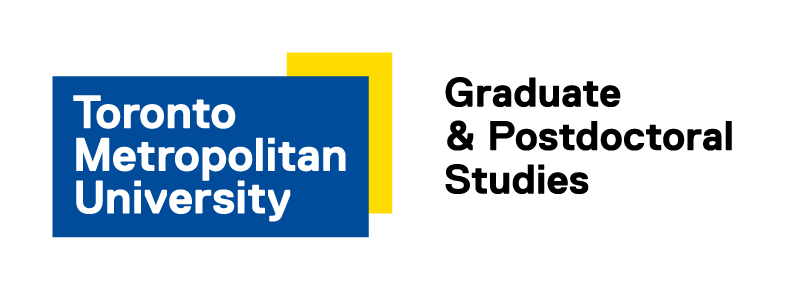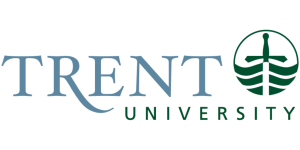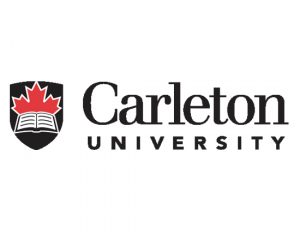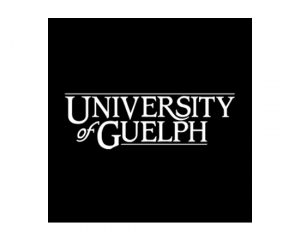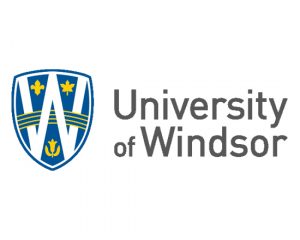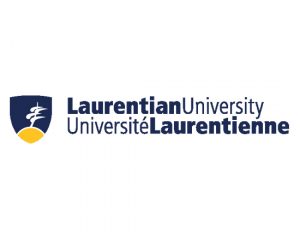What is 3MT®?
The University of Toronto is thrilled to host the 2025 Ontario Three Minute Thesis (3MT) this May.
The Three Minute Thesis (3MT®) involves graduate students presenting their research and its wider impact in three minutes or less to a panel of non-specialist judges. The challenge is to make the presentation of complex research and its implications engaging and accessible, without over-simplifying. The ability to clearly explain complex research to a generalist audience is a key skill useful in many of the career paths graduate students pursue post graduation.
The 3MT® competition was initially developed by the University of Queensland in 2008, with competitions by other Australian and New Zealand universities following, culminating in the first Trans Tasman competition in 2010. UBC ran the first Canadian competition in 2011, and there are now 3MT® events across the country. The top two presenters from the Ontario 3MT® will go on to represent the province at the Canadian Association for Graduate Studies (CAGS) 3MT®, which is the Canadian national competition, taking place during the annual CAGS Conference.
- Date: Wednesday, May 14, 2025
- Time: 10 AM–12 PM ET
- Location: William Doo Auditorium, New College, 45 Willcocks Street, Toronto, ON M5S 2H3
Meet the students
The Ontario 3MT® brings together students from across the province and provides them a unique opportunity to learn about each other’s research activities, develop professional skills, and contribute to a province-wide research culture. See below for a list of this year’s presenters:
SAMMY ABDOU
PhD Biomedical Engineering, Toronto Metropolitan University
Presentation: The First Minute of Life
Abdelrahman Abdou (Sammy) received a Bachelor of Engineering (B.Eng.)(Hons.) degree focused on biomedical/medical engineering from Toronto Metropolitan University in 2019, where he is also currently pursuing a Ph.D. degree in biomedical engineering. His research focus is around developing medical devices for neonatal care. He is also an expert in hardware biomedical instrumentation, data acquisition, wearable physiological monitoring devices, and TinyML solutions.
SALMA BAFAGIH
Master of Health Sciences in Community, Public, and Population Health, Ontario Tech University
Presentation: What’s on your plate? Examining predictors of food literacy among Canadian adults
Salma is a graduate student at Ontario Tech University and is currently completing a Master’s of Community, Public, and Population Health program.
LARA BARNUM
Master of Science in Food Science, Guelph University
Presentation: Enzymatic Conversion of Lactose for Sustainability
Lara is a second-year master’s student in the Department of Food Science at the University of Guelph. She holds a BSc in Biochemistry from the University of Waterloo, and while exploring ways to apply this background, she discovered food science, a field that combined her academic interests with her lifelong love of all things food. Her research focuses on dairy science, specifically the valorization of dairy waste, with the goal of reducing the environmental impact of the dairy industry.
CASSIDY BROOKS
Master of Science in Kinesiology, Nipissing University
Presentation: More Than Sport – Youth: Supporting Youth Academy Athletes Through Sport Career Transitions
Cassidy Brooks is currently in her first year of the Master of Science in Kinesiology program at Nipissing University. Originally from Georgetown Ontario, Cassidy moved to North Bay to pursue a degree in Psychology and Geography while also playing for the Varsity Women’s Soccer team. Cassidy’s undergraduate thesis research involved exploring the psychosocial aspects of stress on athletic performance in youth hockey athletes. Cassidy’s current research under the supervision of Dr. Mark Bruner focuses on supporting youth academy athletes through expected or unexpected sport career transitions such as injury or retirement.
DYLAN DI CARLO
Masters of Archaeological Science, Lakehead University
Presentation: The Anything but Barren Berens River System: A Spatial Analysis of an Ancient Gathering Place on the Berens River, Northwestern Ontario
Dylan’s thesis explores the Dog Rib Portage site (EkKk-4), a rare, multi-period archaeological site in Northwestern Ontario on Pikangikum First Nation territory. Using GIS methods, Dylan analyzes the spatial distribution of over 60,000 artifacts to interpret how past peoples used the site for activities like toolmaking and cooking. This research sheds light on human occupation during the early Holocene, an understudied period in the region, and highlights why the Berens River System was a strategic location. By mapping artifact patterns, this study contributes to archaeological knowledge, supports Indigenous heritage, and provides a model for future GIS-based research.
JOSEPH GEBRU
Master of Arts in Applied Health Sciences, Brock University
Presentation: Flipping the Script: Empowering Black Male Youth to Navigate Healthcare Barriers
Joseph Gebru is a Master’s student at Brock University, passionately researching the healthcare experiences of Black male youth from low-income neighborhoods in Toronto. Drawing from his own upbringing in these communities, Joseph approaches his work through a strengths-based lens, highlighting resilience and untapped potential. His lived experiences serve as both inspiration and motivation to drive meaningful change. Joseph hopes his research will not only shed light on systemic barriers but also amplify community voices and inform more inclusive, equity-driven healthcare practices. Committed to making a difference, he strives to uplift and empower communities like the one that raised him.
GENEVIÈVE HACHÉ
Master in Chemistry, Specialization in Chemical and Environmental Toxicology, Carleton University
Presentation: Out of the non-stick pan, into our waters: PFAS and their foothold in the Great Lakes’ aquatic life cycles
Geneviève completed her BScH in Biochemistry with specialization in Immunology and Microbiology at the University of Ottawa. Motivated by her interdisciplinary interest in toxicology, she joined the Rand Lab at Carleton University to complete her Master in Chemical and Environmental Toxicology by studying the effects of PFAS bioaccumulation and maternal offloading in Lake Michigan’s fish species.
DYLAN JAMES
Master of Science in Psychology, Trent University
Presentation: Not Just Right: Exploring Interoception and Incompleteness in Obsessive-Compulsive Disorder
Dylan completed a Bachelor’s degree in Psychology at McGill University in 2024 and is currently a first-year Master’s student in the Psychology program at Trent University. Dylan works under the supervision of Dr. Laura Summerfeldt. Dylan’s research examines cognitive models of obsessive-compulsive disorder (OCD), with a particular focus on the role of interoception and trait incompleteness. Dylan’s broader research interests include psychopathology, emotion regulation, and cognitive-affective processes. In addition to his academic work, Dylan is employed as a mental health worker at a live-in treatment centre for youth, where he supports young individuals in their recovery and personal development.
HAYDEN REAUME
M.Sc. Biology, Laurentian University
Presentation: Investigating the role of Natural Background Radiation in Yeast
Hayden is a graduate student at Laurentian University. His work is in the field of radiation biology, specifically focusing on low-dose response and sub-background radiation exposure. He earned his undergraduate degree from Laurentian University. Hayden is a graduate student at Laurentian University. He previously attended Laurentian for his undergraduate studies, where his interests in the biological and physical sciences led him to pursue his master’s. His research is in the field of radiation biology, focusing on low-dose response and sub-background radiation exposure. He is passionate about research and science communication, and enjoys spending his free time outdoors.
DILAKSHAN SRIKANTHAN
PhD in Translational Medicine, Queen’s University
Presentation: Real-time tumour detection in brain surgery
Dilakshan is a PhD student in Translational Medicine, and his PhD focuses on leveraging intraoperative mass spectrometry for real-time tissue delineation in brain tumor resections, integrating machine learning algorithms to classify mass spectra and provide surgeons with intraoperative decision-making support.
DORA STRELKOVA
MASc in Mechanical Engineering, University of Windsor
Presentation: You wouldn’t want a pie filled with holes, so why should we accept 3D printed parts with them?
Dora Strelkova is a Master’s student in Mechanical Engineering with a background in Electrical Engineering, Computer Science, and Mathematics. Her research focuses on Additive Manufacturing (AM), exploring how 3D print orientation influences mechanical properties and developing custom toolpath strategies. She is also passionate about compliant mechanisms and origami-inspired designs for robotic end effectors. Beyond the lab, she shares her projects on YouTube to inspire future engineers and actively volunteers with FIRST Robotics and UWindsor’s high school engineering outreach programs.
EMILY WOOD
PhD in Speech Language Pathology, University of Toronto
Presentation: Turning the page on unfair reading screening
Emily Wood is a clinical speech-language pathologist and PhD candidate at the Bilingual and Multilingual Development (BAM) lab at the University of Toronto under the supervision of Dr. Monika Molnar. Emily’s research is focused on promoting equitable literacy assessment practices for bi/multilingual children. Emily’s PhD work is developing a community-informed early reading screener that strives to reduce linguistic bias in testing and more accurately identify bi/multilingual kindergarteners likely at-risk for reading difficulty. Outside of academia, Emily is the founder of Speech-Language Pathologists Advocating for Diversity (SLAD), an organization working to promote increased linguistic and cultural diversity in the speech-language pathology profession.
Meet the host and judges
This year, we are thrilled to have the following judges at the Ontario 3MT competition:
Participating universities
2025 Ontario Competition rules
Judging criteria
The following categories will be used as guidelines for judging the presentations of each competitor. The weighting of each category is determined by the host university.
Frequently asked questions

